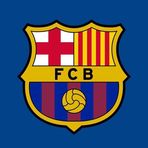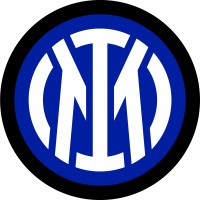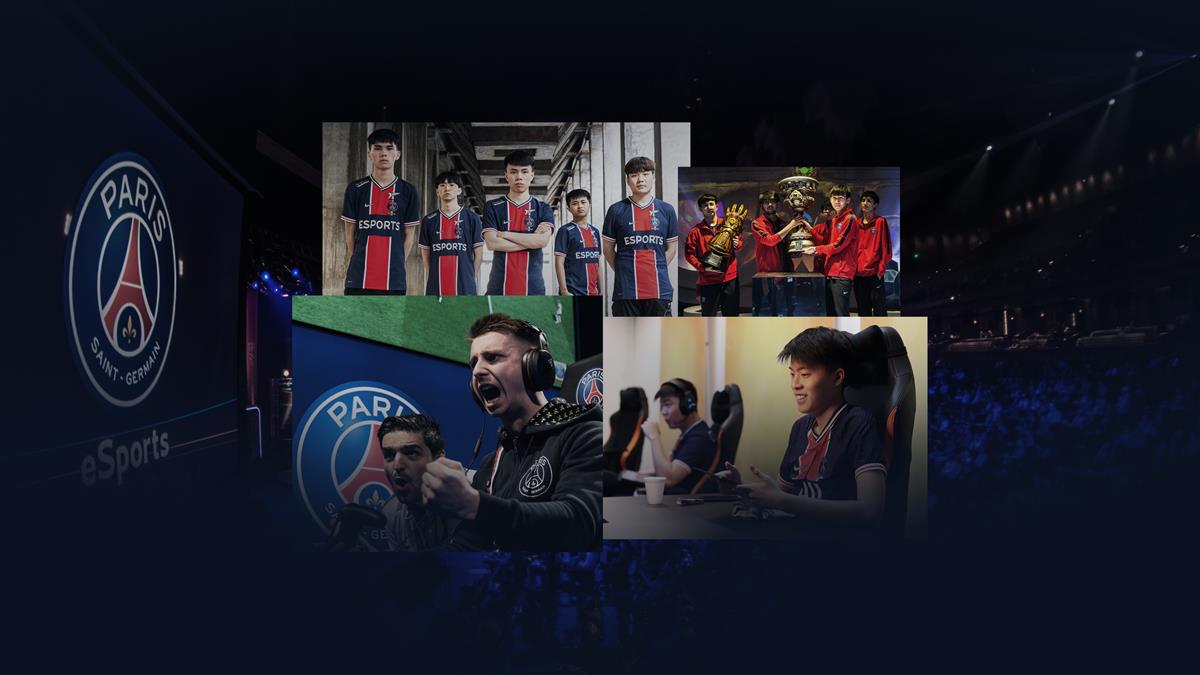Rising Star: Desire Doue's Meteoric Ascent in the Champions League
June 4, 2025, 10:55 am

Location: Spain, Catalonia, Barcelona
Employees: 201-500
Founded date: 1899
Total raised: $129.68M
In the world of football, moments can change lives. For Desire Doue, that moment arrived on a grand stage—the Champions League final. On May 31, 2025, the 19-year-old Paris Saint-Germain (PSG) midfielder transformed from an unassuming squad player into a household name. With a dazzling performance, he led his team to a stunning 5-0 victory over Inter Milan, marking PSG's first European Cup triumph.
The Allianz Arena in Munich became a theater of dreams. The air was electric, charged with anticipation. Fans filled the stands, their hopes pinned on PSG, a club that had long sought this elusive trophy. After years of near misses, the Qatari owners' ambitions finally bore fruit. They had invested heavily, and now, the fruits of their labor were ripe for the picking.
Doue’s journey to stardom was not a straight path. Just days before the final, he was not guaranteed a starting spot. Yet, on that fateful night, he seized his opportunity with both hands. His first goal came as a testament to his poise. A deft assist followed by a clinical finish showcased his skill. He was not just a player; he was a maestro conducting a symphony of football.
PSG's victory was not merely a win; it was a statement. The team had undergone a transformation. Gone were the days of relying solely on superstars. Under the guidance of manager Luis Enrique, PSG became a cohesive unit. They played for each other, not just for individual glory. This philosophy was evident in their fluid play and relentless teamwork.
Doue's second goal was a masterclass in timing and execution. A quick counter-attack found Ousmane Dembele on the left wing. Dembele, with the precision of a surgeon, floated the ball to the far side. Doue, calm and collected, controlled it with his chest. His shot, deflected off a defender, found the back of the net. The roar of the crowd was deafening. In that moment, he was no longer just a teenager; he was a hero.
The game unfolded like a well-scripted drama. Inter Milan, once a formidable opponent, appeared shell-shocked. They struggled to find their rhythm, their hopes of redemption dashed. PSG's third goal came as a dagger to their aspirations. Vitinha slid the ball through to Doue, who coolly slotted it past the goalkeeper. The scoreboard told a story of dominance.
As the match progressed, PSG continued to pile on the pressure. Dembele's defense-splitting pass sent Khvicha Kvaratskhelia racing down the pitch. He beat the goalkeeper at his near post, sealing Inter's fate. The bench erupted in jubilation, a testament to the unity and spirit that had defined PSG's season.
Luis Enrique, the architect of this triumph, wore his emotions on his sleeve. His journey with PSG had been one of transformation. He had taken a team of individual stars and molded them into a family. His vision was clear: football is a team sport. The players bought into this philosophy, and the results spoke volumes.
The final whistle marked the end of a long quest. PSG had finally claimed the trophy that had eluded them for so long. The players embraced, tears of joy mingling with shouts of triumph. For them, this victory was not just about the trophy; it was about redemption, unity, and the culmination of hard work.
Inter Milan, on the other hand, faced a harsh reality. Their hopes of redemption after a previous final defeat were shattered. Manager Simone Inzaghi acknowledged the disappointment. His team had not performed to their potential. The players knew it too. They had come to Munich with high hopes, only to leave empty-handed.
As the celebrations continued, the spotlight shone brightly on Desire Doue. His name echoed through the stadium, a symbol of hope for the future. At just 19, he had achieved what many dream of. The world of football was now watching. The teenager had stepped out of the shadows and into the limelight.
This victory was not just a milestone for PSG; it was a turning point for European football. The narrative was shifting. Teams were beginning to realize that success comes from unity, not just individual brilliance. PSG had set a new standard, one that would resonate for years to come.
In the end, the Champions League final was more than just a match. It was a story of resilience, teamwork, and the rise of a new star. Desire Doue had etched his name in history, and the world would remember this night. The future of football looked bright, and it was shining through the eyes of a teenager who dared to dream.
The Allianz Arena in Munich became a theater of dreams. The air was electric, charged with anticipation. Fans filled the stands, their hopes pinned on PSG, a club that had long sought this elusive trophy. After years of near misses, the Qatari owners' ambitions finally bore fruit. They had invested heavily, and now, the fruits of their labor were ripe for the picking.
Doue’s journey to stardom was not a straight path. Just days before the final, he was not guaranteed a starting spot. Yet, on that fateful night, he seized his opportunity with both hands. His first goal came as a testament to his poise. A deft assist followed by a clinical finish showcased his skill. He was not just a player; he was a maestro conducting a symphony of football.
PSG's victory was not merely a win; it was a statement. The team had undergone a transformation. Gone were the days of relying solely on superstars. Under the guidance of manager Luis Enrique, PSG became a cohesive unit. They played for each other, not just for individual glory. This philosophy was evident in their fluid play and relentless teamwork.
Doue's second goal was a masterclass in timing and execution. A quick counter-attack found Ousmane Dembele on the left wing. Dembele, with the precision of a surgeon, floated the ball to the far side. Doue, calm and collected, controlled it with his chest. His shot, deflected off a defender, found the back of the net. The roar of the crowd was deafening. In that moment, he was no longer just a teenager; he was a hero.
The game unfolded like a well-scripted drama. Inter Milan, once a formidable opponent, appeared shell-shocked. They struggled to find their rhythm, their hopes of redemption dashed. PSG's third goal came as a dagger to their aspirations. Vitinha slid the ball through to Doue, who coolly slotted it past the goalkeeper. The scoreboard told a story of dominance.
As the match progressed, PSG continued to pile on the pressure. Dembele's defense-splitting pass sent Khvicha Kvaratskhelia racing down the pitch. He beat the goalkeeper at his near post, sealing Inter's fate. The bench erupted in jubilation, a testament to the unity and spirit that had defined PSG's season.
Luis Enrique, the architect of this triumph, wore his emotions on his sleeve. His journey with PSG had been one of transformation. He had taken a team of individual stars and molded them into a family. His vision was clear: football is a team sport. The players bought into this philosophy, and the results spoke volumes.
The final whistle marked the end of a long quest. PSG had finally claimed the trophy that had eluded them for so long. The players embraced, tears of joy mingling with shouts of triumph. For them, this victory was not just about the trophy; it was about redemption, unity, and the culmination of hard work.
Inter Milan, on the other hand, faced a harsh reality. Their hopes of redemption after a previous final defeat were shattered. Manager Simone Inzaghi acknowledged the disappointment. His team had not performed to their potential. The players knew it too. They had come to Munich with high hopes, only to leave empty-handed.
As the celebrations continued, the spotlight shone brightly on Desire Doue. His name echoed through the stadium, a symbol of hope for the future. At just 19, he had achieved what many dream of. The world of football was now watching. The teenager had stepped out of the shadows and into the limelight.
This victory was not just a milestone for PSG; it was a turning point for European football. The narrative was shifting. Teams were beginning to realize that success comes from unity, not just individual brilliance. PSG had set a new standard, one that would resonate for years to come.
In the end, the Champions League final was more than just a match. It was a story of resilience, teamwork, and the rise of a new star. Desire Doue had etched his name in history, and the world would remember this night. The future of football looked bright, and it was shining through the eyes of a teenager who dared to dream.

